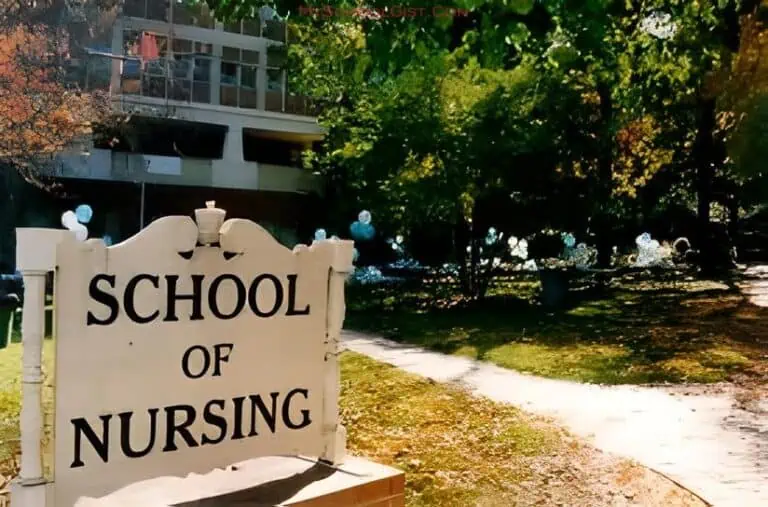KWASU, US researchers investigate poor mathematics performance in Nigerian schools


A group of researchers from Kwara State University (KWASU) in Malete, the University of Ilorin, and the University of Alabama in the United States did a study on efficient ways for teaching mathematics in Nigerian schools.
The study, titled “Exploration of the Effect of Scaffolding Instructional Strategy on Pupils’ Academic Performance in Mathematics,” discovered that utilising a scaffolding approach, which builds on students’ current knowledge and skills, gradually improves their performance in mathematics.
Dr. Kayode Ezecheal Obafemi of KWASU’s Department of Early Childhood and Primary Education led the study, alongside his colleagues: Mr. Francis Moodu Yakubu from the Department of Curriculum and Instruction at the University of Alabama, Tuscaloosa, USA and Mrs. Taiye Olayinka Obafemi of the Department of Adult and Primary Education at the University of Ilorin, Ilorin; Dr. Usman Tunde Saadu of the Department of Early Childhood and Primary Education at KWASU, Malete; and Mr. Olarewaju Yahaya of the Department of Early Childhood and Primary Education at KWASU, Malete, Nigeria.
Speaking on behalf of the scholars, Dr. Obafemi stated that the study involved 117 students from two private primary schools in the Ilorin West Local Government Area, and included guidelines for scaffolding and conventional teaching methods.
“The results showed a clear improvement in pupils’ Mathematics performance when teachers used the scaffolding strategy, regardless of the students’ gender,” Dr. Obafemi said.
“This study contributes to the growing body of research suggesting that traditional lecture-based teaching methods may not be the most effective for teaching subjects like Mathematics and Physical Health Education in Nigeria.”
Commenting on the research, Principal Amina Lawal of Bright Future Academy in Lagos State remarked, “The findings from Dr. Obafemi and his team are compelling.”
“We have observed similar challenges with Mathematics performance here, and it is clear that interactive and supportive teaching strategies like scaffolding could make a substantial difference.”
Principal James Okoro of Heritage School in Abuja also stated, “We need to embrace these evidence-based teaching methods.”
“The traditional approach of rote learning and passive listening is not sufficient to meet the needs of our students. Innovations in teaching strategies are not just beneficial but necessary for fostering a better learning environment,” he added.
“These insights are critical as Nigeria continues to navigate the challenges of educational reform and seeks ways to improve student engagement and understanding in core subjects.”
“The call for training teachers in these newer, more effective instructional strategies is becoming louder, with educators and researchers alike advocating for changes that would make practical, student-centered teaching methods the norm rather than the exception.”
“With these studies highlighting the potential improvements in academic performance through alternative teaching methods, the conversation about educational strategies in Nigeria is likely to continue, with hopes of implementing more dynamic and effective approaches in classrooms across the country.”









